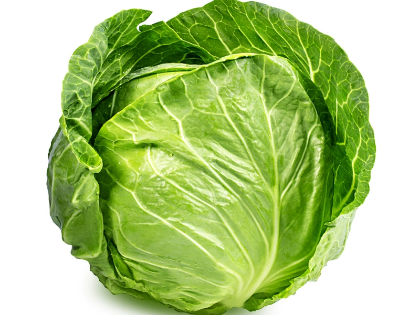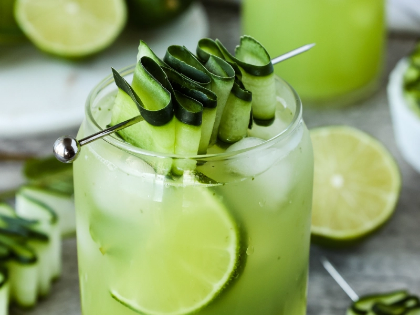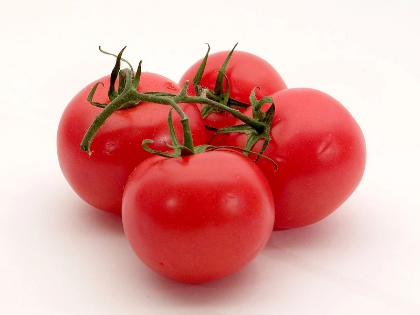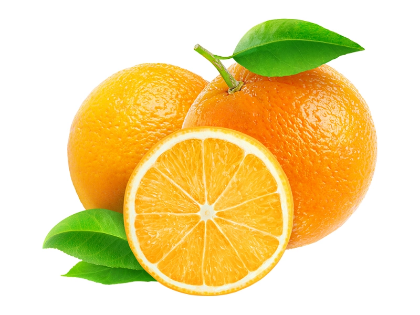10 Most Inflammatory Foods
The silent killer that fuels diabetes, cancer, and heart disease is chronic inflammation. A nutritious diet can aid in the reduction of inflammation. An army of anti-inflammatory substances may be found in whole grains, legumes, and vegetables, such as phenolic acids (found in grapes and some berries), flavan-3-ols (found in green tea), and soluble fiber, which feeds good microbes and produces the anti-inflammatory chemical butyrate. Steer clear of sugary pastries, sodas, and candy bars.
1. Processed Meat
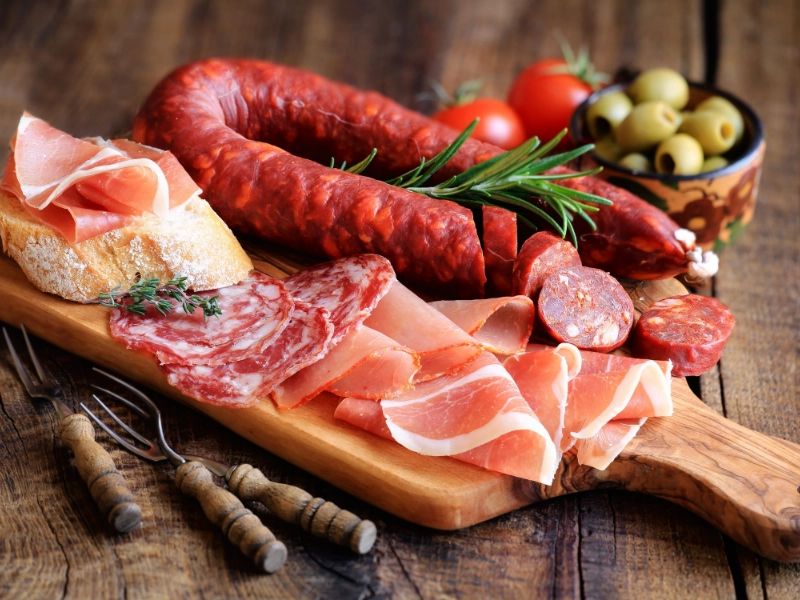
2. MSG
 Many processed goods, including prepared Asian cuisine, soy sauce, and fast food, include MSG, a taste enhancer. Under the guises of autolyzed yeast and hydrolyzed vegetable protein, it is also concealed in health foods.
Being an excitotoxin, MSG can overexcite brain cells to the point of cell death and pass across the blood-brain barrier. Lou Gehrig's, Parkinson's, and Alzheimer's diseases may be brought on by or made worse by this.
Many processed goods, including prepared Asian cuisine, soy sauce, and fast food, include MSG, a taste enhancer. Under the guises of autolyzed yeast and hydrolyzed vegetable protein, it is also concealed in health foods.
Being an excitotoxin, MSG can overexcite brain cells to the point of cell death and pass across the blood-brain barrier. Lou Gehrig's, Parkinson's, and Alzheimer's diseases may be brought on by or made worse by this.
3. Trans Fats
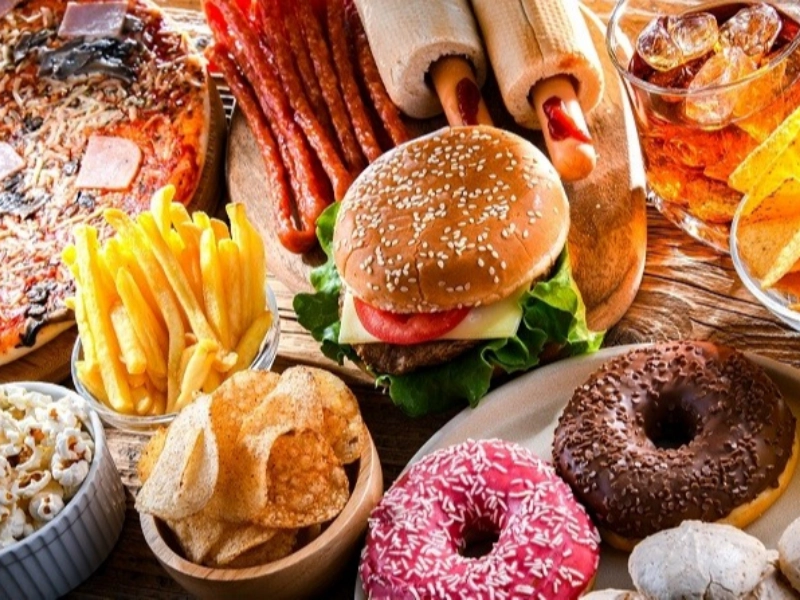 Since the FDA started raising alarms about trans fats, a lot of food producers and fast-food companies have changed their business practices. However, because of gaps in government rules, trans fats are still present in some foods.
Steer clear of commercially baked items, fried foods, and margarine containing partially hydrogenated vegetable oils. To be sure, check the ingredient list.
Since the FDA started raising alarms about trans fats, a lot of food producers and fast-food companies have changed their business practices. However, because of gaps in government rules, trans fats are still present in some foods.
Steer clear of commercially baked items, fried foods, and margarine containing partially hydrogenated vegetable oils. To be sure, check the ingredient list.
4. Sugar
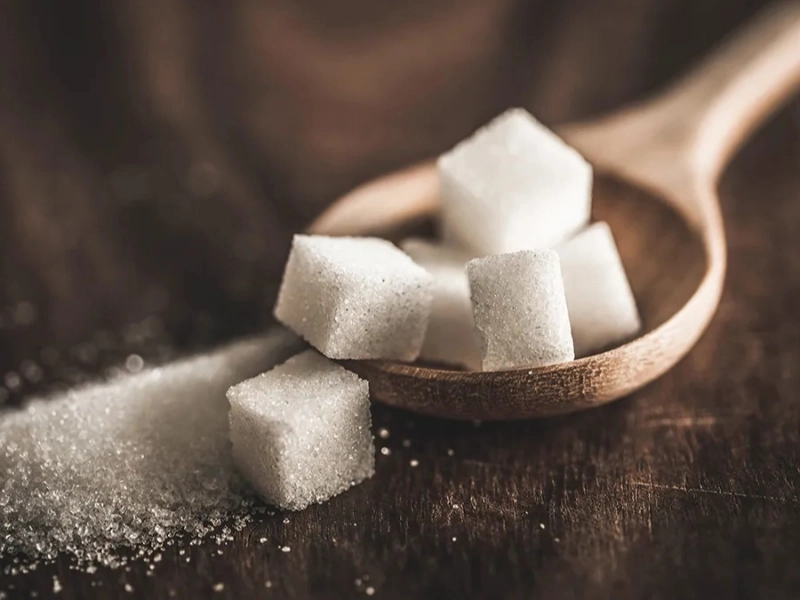 Sugar is recognized to play a significant role in the development of heart disease, diabetes, and other chronic illnesses. It also causes inflammation and weight gain. It's crucial to stay away from all sugar.
Swap out sugary items for naturally sweetened ones like honey or stevia. Berries, fruits, vegetables, fish, peppers, and olive oil are more options. These will assist in lowering inflammation.
Sugar is recognized to play a significant role in the development of heart disease, diabetes, and other chronic illnesses. It also causes inflammation and weight gain. It's crucial to stay away from all sugar.
Swap out sugary items for naturally sweetened ones like honey or stevia. Berries, fruits, vegetables, fish, peppers, and olive oil are more options. These will assist in lowering inflammation.
5. Dairy
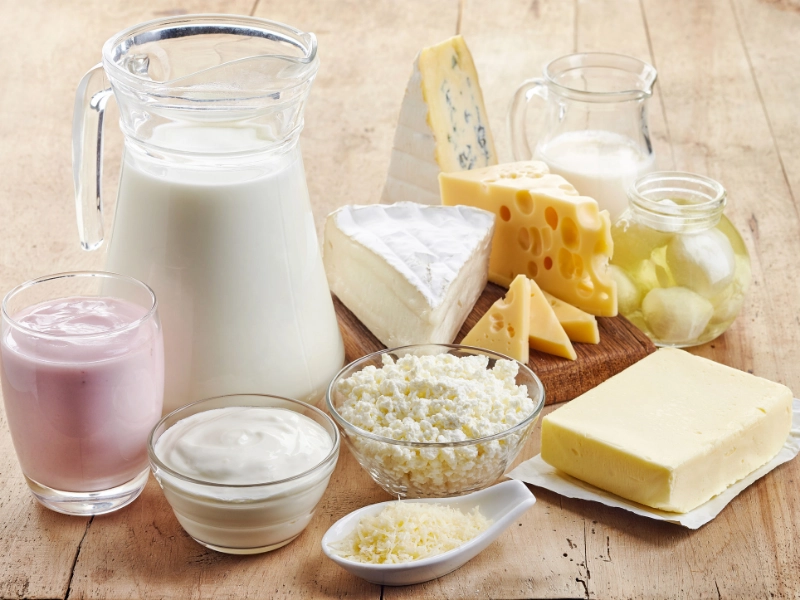 Full-fat dairy products are unhealthy, notwithstanding celebrity endorsements from the dairy business starring Angelina Jolie and Shaquille O'Neal. They cause the body's levels of inflammation to rise.
Yogurt is the finest dairy substitute, especially low-fat varieties that are sweetened with a little honey or syrup. Yogurt contains a high concentration of probiotic microorganisms. However, stay away from flavored ones as they include added sugar.
Full-fat dairy products are unhealthy, notwithstanding celebrity endorsements from the dairy business starring Angelina Jolie and Shaquille O'Neal. They cause the body's levels of inflammation to rise.
Yogurt is the finest dairy substitute, especially low-fat varieties that are sweetened with a little honey or syrup. Yogurt contains a high concentration of probiotic microorganisms. However, stay away from flavored ones as they include added sugar.
6. Fruits
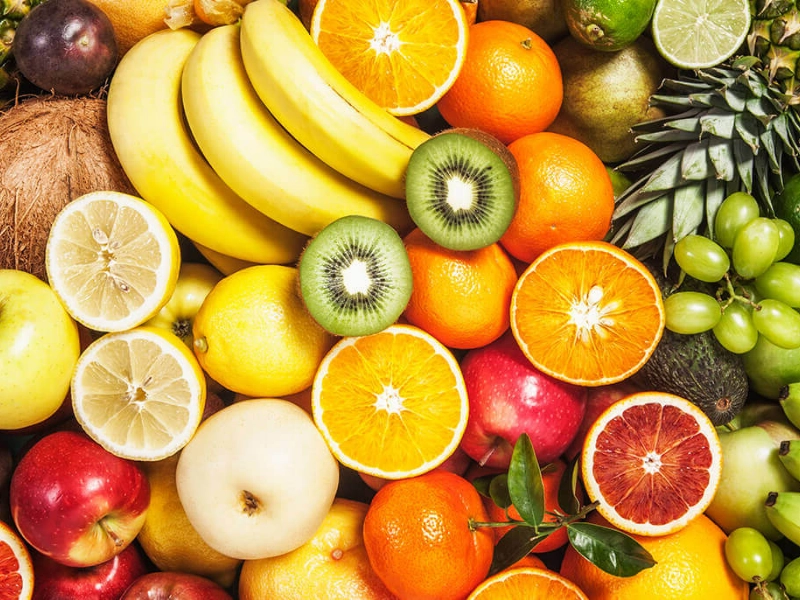 Inflammation is also brought on by the chemicals in processed foods and deli meat. Pay attention to labels that say "no MSG added" and steer clear of Chinese takeout, quick meals, and canned veggies.
Refined carbs and sugar cause the body to release inflammatory cytokines and free radicals, which inflame. Select fruits, legumes, and whole grains for their fiber content and phytochemicals like flavonones and quercetin, which reduce inflammation. Steer clear of vegetable cooking oils and tropical oils.
Inflammation is also brought on by the chemicals in processed foods and deli meat. Pay attention to labels that say "no MSG added" and steer clear of Chinese takeout, quick meals, and canned veggies.
Refined carbs and sugar cause the body to release inflammatory cytokines and free radicals, which inflame. Select fruits, legumes, and whole grains for their fiber content and phytochemicals like flavonones and quercetin, which reduce inflammation. Steer clear of vegetable cooking oils and tropical oils.
7. Vegetables
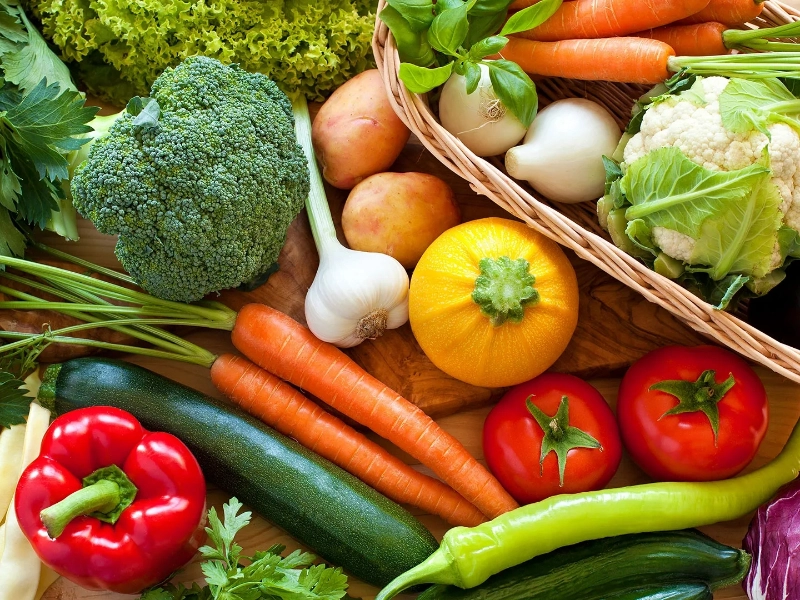 Kale, spinach, and beets are rich in nutrients that reduce inflammation. They have a high concentration of antioxidants, minerals, and vitamin C, which helps to prevent infections and inflammatory illnesses.
Greens, both cooked and raw, are rich in antioxidants like quercetin that decrease cholesterol and prevent heart disease. Tomatoes and turmeric, which are rich in the anti-inflammatory compound curcumin, are additional foods that reduce inflammation.
Kale, spinach, and beets are rich in nutrients that reduce inflammation. They have a high concentration of antioxidants, minerals, and vitamin C, which helps to prevent infections and inflammatory illnesses.
Greens, both cooked and raw, are rich in antioxidants like quercetin that decrease cholesterol and prevent heart disease. Tomatoes and turmeric, which are rich in the anti-inflammatory compound curcumin, are additional foods that reduce inflammation.
8. Nuts
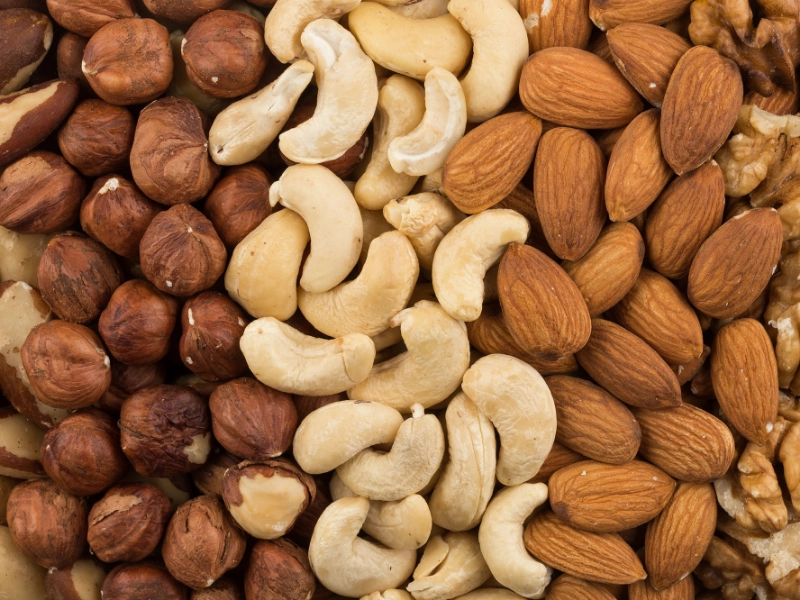 Nuts, including peanuts, are not naturally pro-inflammatory, despite their name. But when ingested in excess, high-fat red meats, butter, and fatty dairy items can cause inflammation. In addition to having an excessive amount of omega-6 fats relative to omega-3 fats, vegetable oils, including sunflower, safflower, and soy, might exacerbate inflammation.
Consuming nuts has been linked to a lower risk of diabetes, cardiovascular disease, and death overall. According to studies, this is because nuts' phenolic chemicals have anti-inflammatory properties.
Nuts, including peanuts, are not naturally pro-inflammatory, despite their name. But when ingested in excess, high-fat red meats, butter, and fatty dairy items can cause inflammation. In addition to having an excessive amount of omega-6 fats relative to omega-3 fats, vegetable oils, including sunflower, safflower, and soy, might exacerbate inflammation.
Consuming nuts has been linked to a lower risk of diabetes, cardiovascular disease, and death overall. According to studies, this is because nuts' phenolic chemicals have anti-inflammatory properties.
9. Fish
 White blood cells are drawn to the wounded or unwell area by the natural process of inflammation, which also produces heat, redness, pain, and swelling. Eating a variety of anti-inflammatory foods, such as fruits, vegetables, whole grains, nuts, seafood, and herbs and spices, can help lower inflammation in the body.
Adhere to a plant-based or Mediterranean diet and stay away from trans fats, added sugar, and processed meat. Make fish, especially salmon, a mainstay since it contains heart-healthy omega-3 fats.
White blood cells are drawn to the wounded or unwell area by the natural process of inflammation, which also produces heat, redness, pain, and swelling. Eating a variety of anti-inflammatory foods, such as fruits, vegetables, whole grains, nuts, seafood, and herbs and spices, can help lower inflammation in the body.
Adhere to a plant-based or Mediterranean diet and stay away from trans fats, added sugar, and processed meat. Make fish, especially salmon, a mainstay since it contains heart-healthy omega-3 fats.
10. Alcohol
 Because alcohol contains the chemical ethanol, which has an adverse effect on the liver, gallbladder, stomach, and brain, it is considered an inflammatory meal. Moreover, it impacts cholesterol, insulin, and blood sugar levels, as well as coagulation and mood.
Overindulgence in alcohol consumption might upset gut flora and induce inflammation. Thus, limit your alcohol consumption to one drink for ladies and two for men every day.
Because alcohol contains the chemical ethanol, which has an adverse effect on the liver, gallbladder, stomach, and brain, it is considered an inflammatory meal. Moreover, it impacts cholesterol, insulin, and blood sugar levels, as well as coagulation and mood.
Overindulgence in alcohol consumption might upset gut flora and induce inflammation. Thus, limit your alcohol consumption to one drink for ladies and two for men every day.

